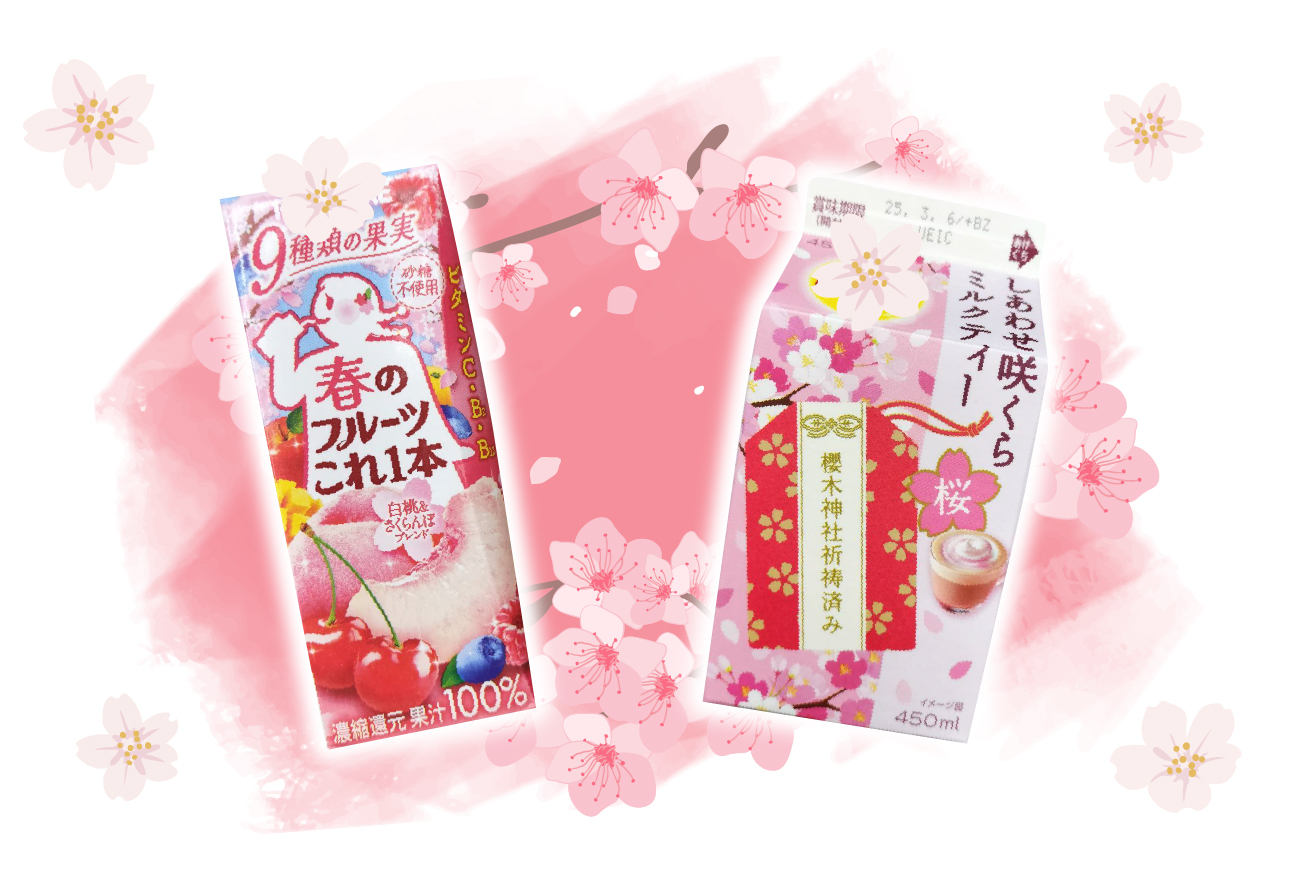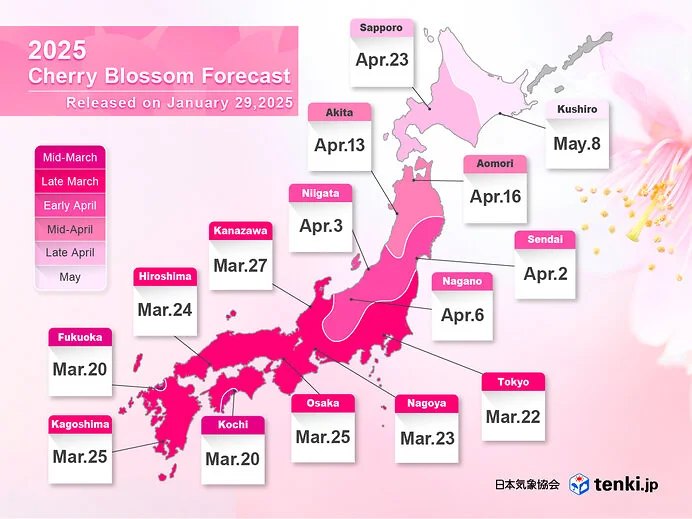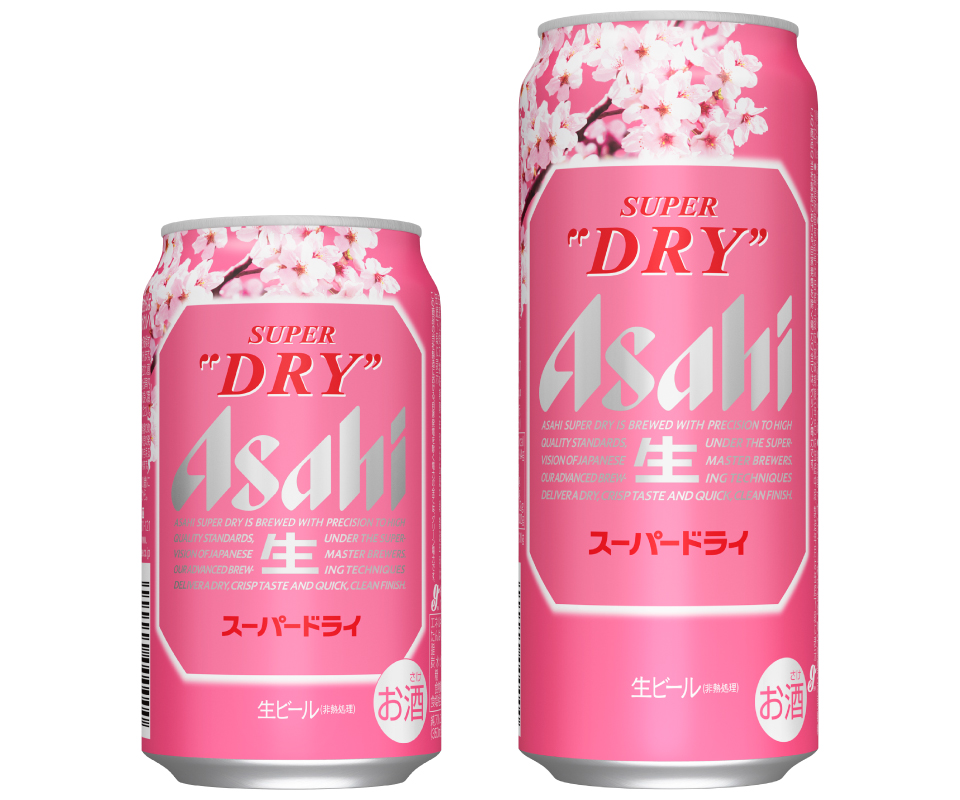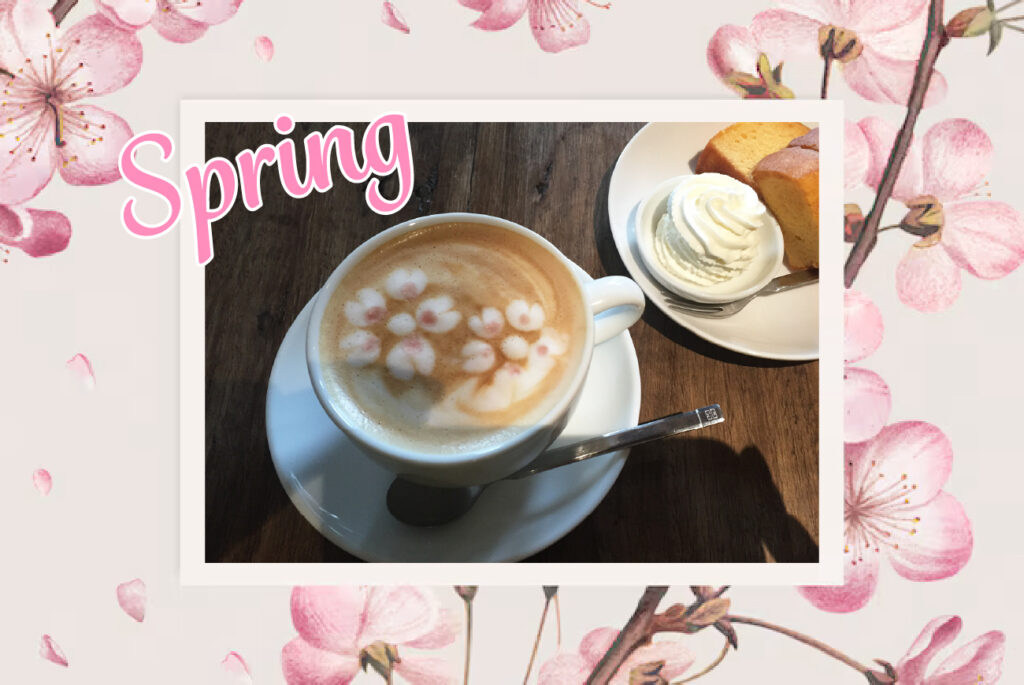Japan’s Love of Sakura Marketing Offers Insight

In Japan, temperatures are slowly rising and in Tokyo we are enjoying blue skies daily. Spring is in the air and the national cherry blossom forecast has been published, sparking a flurry of interest from domestic and international travelers keen to experience the beauty of Japan’s sakura season.

Sakura-themed Products
Besides the warmer weather, one herald of Spring in Japan is the appearance of cherry-blossom themed items in supermarkets, cafes and convenience stores. In Japan, the changing seasons are a marketing event in themselves, and Spring is no exception. As soon as cherry blossoms buds appear, brands launch limited-edition sakura-themed products, capturing consumer excitement and reflecting cultural sentiment. From Starbucks’ iconic cherry blossom lattes to sakura-scented skincare and even sakura-flavored beer, these limited-edition seasonal offerings are more than just visually appealing; they are a masterclass in strategic marketing.
One of the biggest reasons sakura marketing works so well is the notion of scarcity. Limited-time products create a sense of urgency and exclusivity, encouraging consumers to make quick purchasing decisions, even if they are not aware of it. When something is only available for a short period, it feels special and desirable, making people more likely to buy it before it “disappears.” This strategy drives both sales and engagement, especially in a market where seasonal trends are highly valued.

Deeply Rooted Cultural Concepts
Another key factor is cultural relevance. In Japan, cherry blossoms symbolize renewal, beauty, and the fleeting nature of life, a concept known as mono no aware (物の哀れ), which originated in the Heian Period (794-1185). This deep-rooted cultural association with the concept of ephemera makes sakura-themed products more than just a seasonal trend; they evoke emotions and connect with consumers on a deep level. For this reason, global brands that successfully integrate cultural meaning into their marketing tend to resonate more with local audiences.
Seasonality itself is a powerful business strategy. Aligning products with seasonal trends keeps a brand fresh, relevant, and continuously re-engaging its audience. Japanese consumers expect new, limited-time offerings throughout the year, from spring sakura flavors to autumn chestnut variations. Companies that embrace this approach can create anticipation and a loyal customer base that looks forward to each new release. Customers also enjoy seeing products come into the shops in harmony with the seasons, creating anticipation for the months to come.

New Beginnings
Beyond consumer products, Japan’s business culture also aligns perfectly with the cherry blossom season. Many Japanese companies, including our own, have a fiscal year that ends in March, with a new business year beginning in April. This period of transition mirrors the theme of fresh starts and renewal that cherry blossoms represent. In a way, businesses themselves are “blooming” alongside the sakura, making this season an especially powerful time for launching new campaigns and engaging customers with messages of new beginnings.
In Japan, many significant life stages are marked in Spring. Graduation ceremonies from nursery to university are often conducted against a backdrop of cherry blossom. New employees entering the workforce often join their new company in April. For this reason, for Japanese consumers, the notion of new beginnings and a chance to reinvent oneself may be strongest in Spring.
Foreign Brands
For foreign brands entering Japan, there are clear takeaways from sakura marketing. Embracing local consumer habits, such as the expectation for seasonal, exclusive products, can make a brand feel more integrated into the market. Creating limited editions leverages the cultural buzz which permeates Japanese society in spring. Capitalizing on Spring-time optimism through product renewals drives both sales and social media engagement with your brand, raising its profile. Most importantly, connecting with cultural themes ensures that a campaign does more than just sell. It tells a story that resonates with local values and traditions.
Whether launching a new product or strengthening brand presence in Japan, seasonal marketing can be a game-changer. By understanding the deeper cultural significance behind seasonal trends like cherry blossom season, global brands can create meaningful, impactful campaigns that truly connect with Japanese consumers.
For ideas on how your brand can capitalize on seasonal marketing in Japan, or any other conversation about the Japanese market, contact YOUNEEDS Co., Ltd. today.






